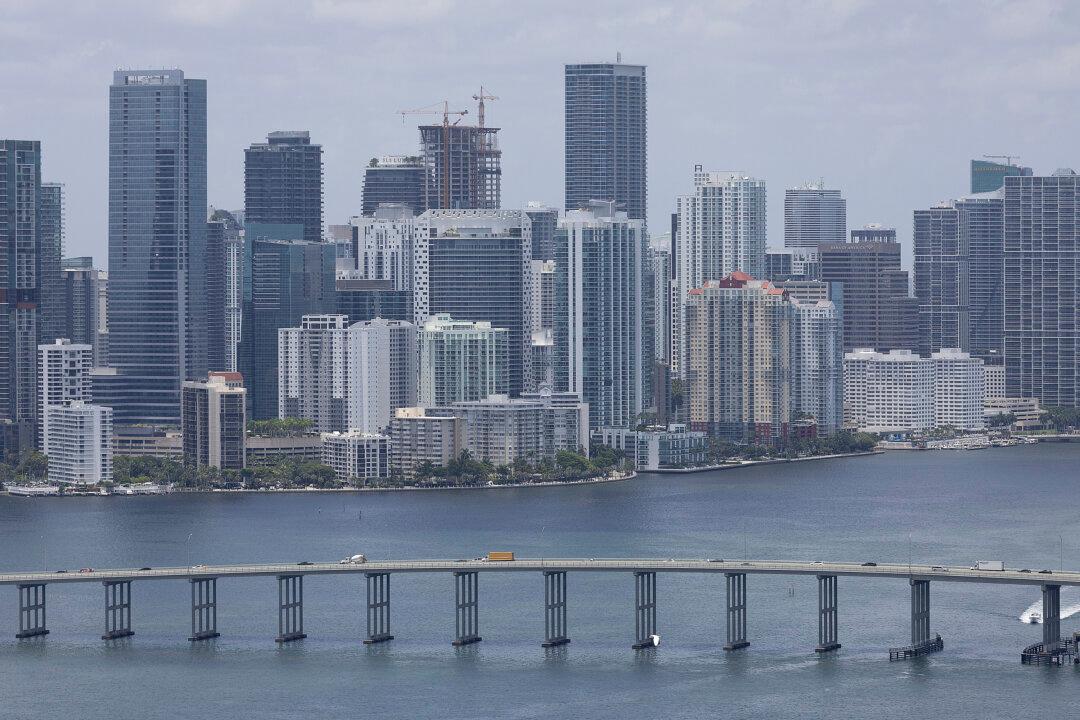Commentary
In late June, Illinois governor J.B. Pritzker traveled to New Hampshire to be the keynote speaker at New Hampshire’s Democratic Party state convention.

In late June, Illinois governor J.B. Pritzker traveled to New Hampshire to be the keynote speaker at New Hampshire’s Democratic Party state convention.